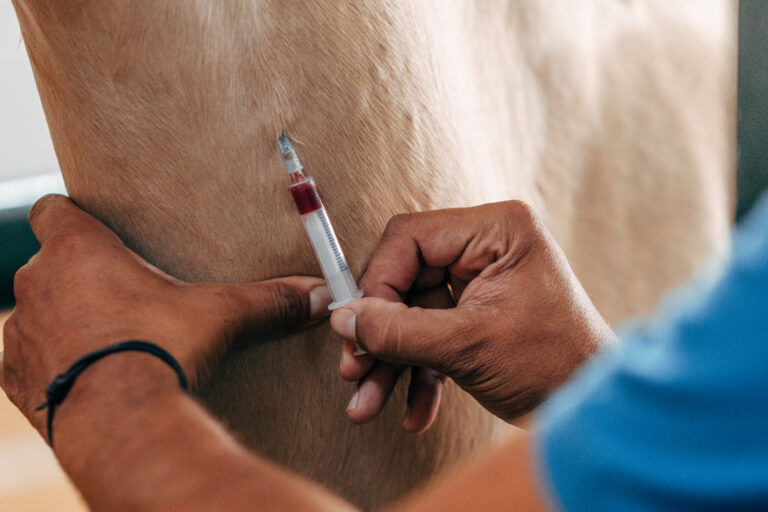 Credit: Ted.com Video To watch this video presentation on Ted.com click on the link at the end of the article.
Credit: Ted.com Video To watch this video presentation on Ted.com click on the link at the end of the article.Origami used to be something we’d all try as kids, folding paper into familiar animal shapes and being delighted with the results. But consider folding paper into a shape that forms an optical microscope. This is what has happened through the efforts of scientists at PrakashLab at Stanford University. The researchers there were motivated to provide inexpensive microscopes for the purposes of addressing problems in world health and for scientific education. The cost–about 50 cents each–has the potential to revolutionize medical care in third world countries. No longer will people be dependent on large, bulky expensive microscopes for disease diagnosis. This paper “device” yields a myriad of possibilities to be useful in the world of veterinary medicine.
The paper Foldscope microscope weighs virtually nothing, is tiny in size (3” x 1”), and won’t break if stepped on, dropped, or immersed in water. It is capable of magnification up to 2,000 times.
One of the primary developers, Manu Prakesh, said, “A Foldscope is a completely functional microscope, a platform for fluorescence, bright-field, polarization, projection, all kinds of advanced microscopy built purely by folding paper. The lenses are made using a process of self-assembly and surface tension to build achromatic lenses in the paper itself.”
Along with the micro-optics embedded into the paper is an LED light source. The paper “stage” holds a standard microscope slide and has flexible focusing. It is able to magnify structures on larger objects, like the compound eye or the antenna of an insect.
Some Foldscopes are designed for a specific purpose, such as having fluorescent filters that are used to diagnose malaria. By mixing up the parts a bit during assembly, the Foldscope can be used as a projection microscope to direct images onto a large wall or screen or can be fitted to a smart phone to record an image.
While origami has been a past time of children, this origami-like microscope may well open up the microscopic world to today’s kids. Prakesh is excited about the possibility of every kid carrying one of these scopes in his or her pocket, giving their inquisitive minds an opportunity to examine the amazing phenomenon that surrounds us each day. From that spirit of investigation, it is possible that one or more of these children will be inspired and possibly change the future of medicine.
For more information and images of what people have been doing with their Foldscopes, visit http://microcosmos.foldscope.com/foldscope/.








